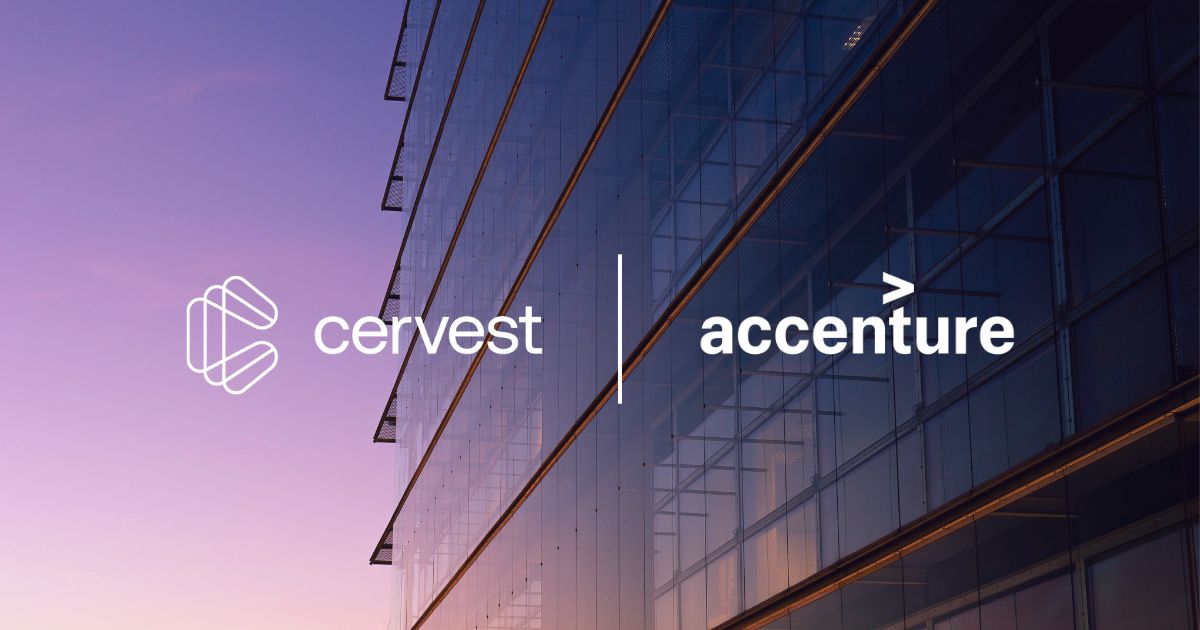CIC member Prof. Dominic Kniveton says Climate Intelligence can help organizations strategically shift from short-term effectiveness to long term efficiency

Following the launch of our Climate Intelligence Council (CIC) in late 2021, Cervest is running a series of expert Q&As with globally recognized leaders from industries of science, policy, finance, technology, and business. In this fourth article in the series, I’m delighted to introduce Professor Dominic Kniveton.
Dominic is a Professor of Climate Change and Society at the University of Sussex. His research spans issues of development, climate change, disaster risk, migration, and health. Through his research, he has been asked for advice from the United Nations, the World Bank, the EU, the UK Government, and the International Organization of Migration. His work in migration and climate change was recognized with the Royal Geographical Society's Cuthbert Peek Award.
This Q&A delves into Dominic’s current research, why he joined the CIC, and his take on the importance of Climate Intelligence to combat future climate risk.
Can you share with us what you are working on in the climate space right now?
My work broadly covers understanding the links between climate change, natural resources, health, and mobility. Most recently, I was appointed to the United Nations International Resources Panel which undertakes projects commissioned by the G7 and G20 to facilitate the decoupling of economic growth from environmental degradation, which includes climate change.
I am also a member of the Lancet Countdown, a collaboration of 35 leading academic centers and UN agencies across the world, tracking the connections between public health and climate change. My current research projects focus on trying to ensure early action from drought early warning systems and modeling displacement, both in East Africa and understanding the links between drought and HIV viral loads, in South Africa.
From your perspective, what should organizations be doing today? What actions should be taken to mitigate climate risk?
In the context of climate change and its inherent uncertainties, I think that organizations would benefit from shifting their focus from being driven by economic efficiency and making a profit in the short term, to one of organizational effectiveness over the long term. This means changing the decision-making process of an organization to become more flexible to new information as it arises and more robust to a range of futures.
Why do you believe that Climate Intelligence is so critical to the climate adaptation debate?
Climate Intelligence sets boundaries for robust and flexible decision-making. It enables the move to effectiveness and opens up a long term view on strategic decision-making. To give you an example, when building the Thames Barrier in the context of the uncertainties of future climate change, the climate-resilient solution was to build a large base for the barrier so it could be extended later, rather than building a huge barrier that might end up being a waste of money. Climate Intelligence sets the boundaries of how big the base should be.
You're one of the first members of the Cervest Climate Intelligence Council. What led you to join the initiative?
Cervest is an organization that thinks outside the box and does great work. As someone who is extremely passionate about the climate crisis, I wanted to contribute to the greater good that I see Cervest working toward. We all need that in our future.
To stay up-to-date with the latest Cervest news and insights, sign up for our newsletter.
Share this article
Our latest news and insights

Accenture and Cervest collaborate to bring innovative solutions to clients seeking resilience amid increased climate risk
Read more
What is climate intelligence and why do businesses and governments need it?
Read more
